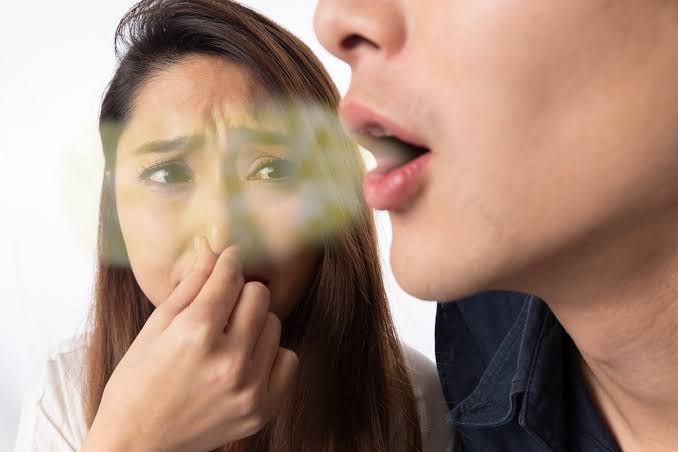Halitosis can be quite troublesome, leading to embarrassment and discomfort for both you and those around you. Additionally, it can harm your reputation.
Here are some typical behaviors that may be contributing to your breath issues:
1. Neglecting to clean your tongue:
The majority of bad breath stems from an unclean tongue, as bacteria can accumulate on it and create unpleasant odors. To achieve fresh breath, consider using a tongue scraper after brushing your teeth.
2. Forgoing flossing:
It’s important to floss after each meal. If you don’t, food residues and plaque will accumulate in your mouth. Bacteria will then break down these particles, leading to bad breath.
3. Relying on mouthwash rather than brushing your teeth:
You might find yourself in a hurry and assume that mouthwash provides the same benefits as brushing your teeth, but it’s merely a short-term solution that can ultimately dry your mouth and create bad odors.
4. Insufficient water intake:
Not drinking enough fluids results in a dry mouth, making it vital to stay hydrated since saliva plays a crucial role in eliminating odor-causing particles. When you’re dehydrated, bacteria can thrive, leading to a stale or unpleasant scent.
5. Failing to schedule regular dental checkups:
It’s important to visit the dentist consistently, even in the absence of problems. Dentists can spot underlying concerns such as cavities, gum disease, and tartar accumulation, all of which may contribute to halitosis.
6. Using an ineffective toothbrush:
Utilizing an old or dirty toothbrush can introduce bacteria into your mouth. Store your toothbrush in a clean and dry area and replace it every three to four months.
7. Mouth breathing:
Make an effort to keep your mouth closed. Breathing through your mouth can cause dryness, which decreases saliva production and allows bacteria to thrive more easily.
8. Chewing gum and mints:
While you may believe that chewing gum and mints helps to freshen your breath, their effects are only fleeting. The sugars in these products actually feed bacteria, which leads to an increase in odor. Opt for sugar-free gum and mints instead.
9. Consuming certain foods:
Refrain from eating foods with strong odors, such as garlic, onions, and dairy products. These can linger in your mouth and digestive tract, especially overnight, contributing to bad breath.
10. Failing to brush after consuming coffee or smoking:
Two major culprits that can lead to foul breath are coffee and smoking, including cannabis, as they leave behind residues. Both coffee and cigarettes create residues that serve as nourishment for bacteria, leading to bad breath. Rinsing your mouth or brushing your teeth afterward can greatly minimize unpleasant odors.

